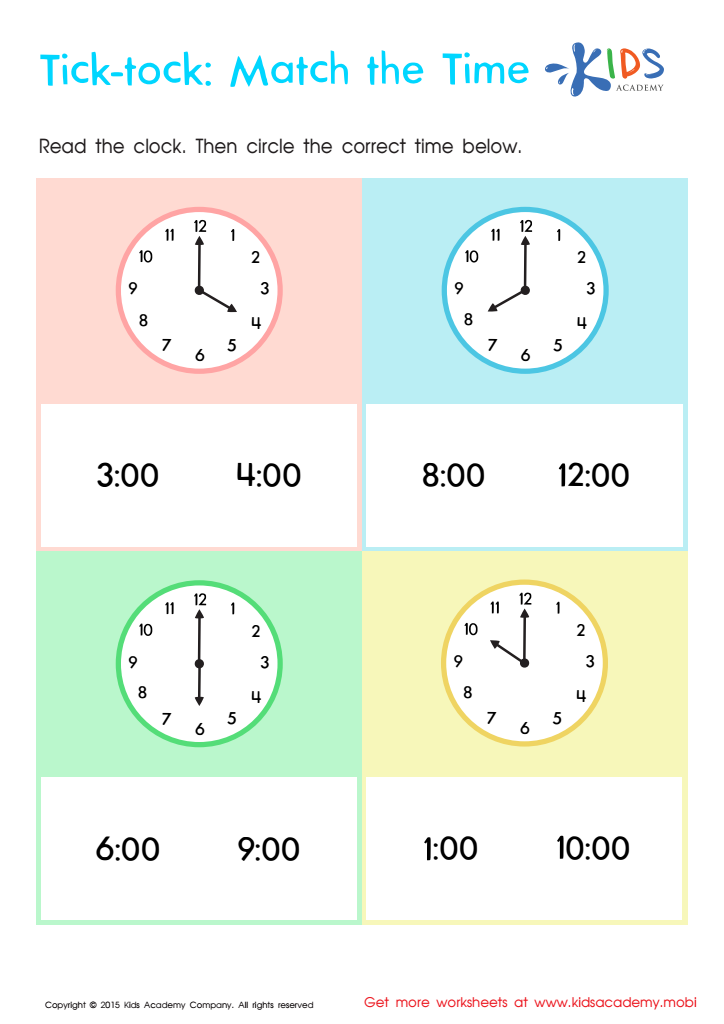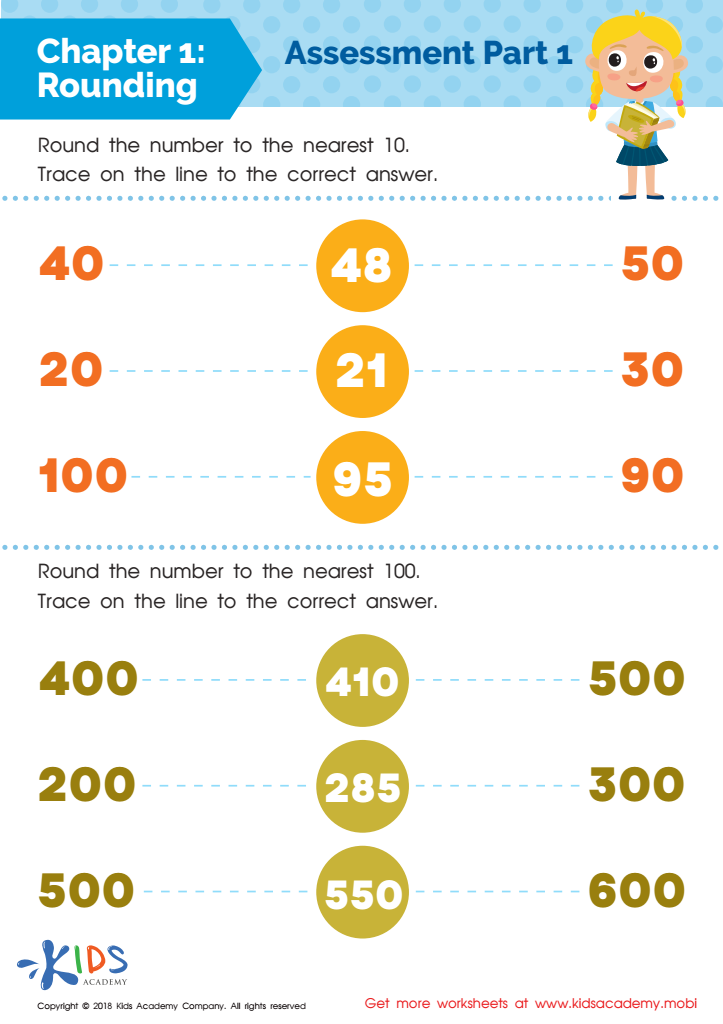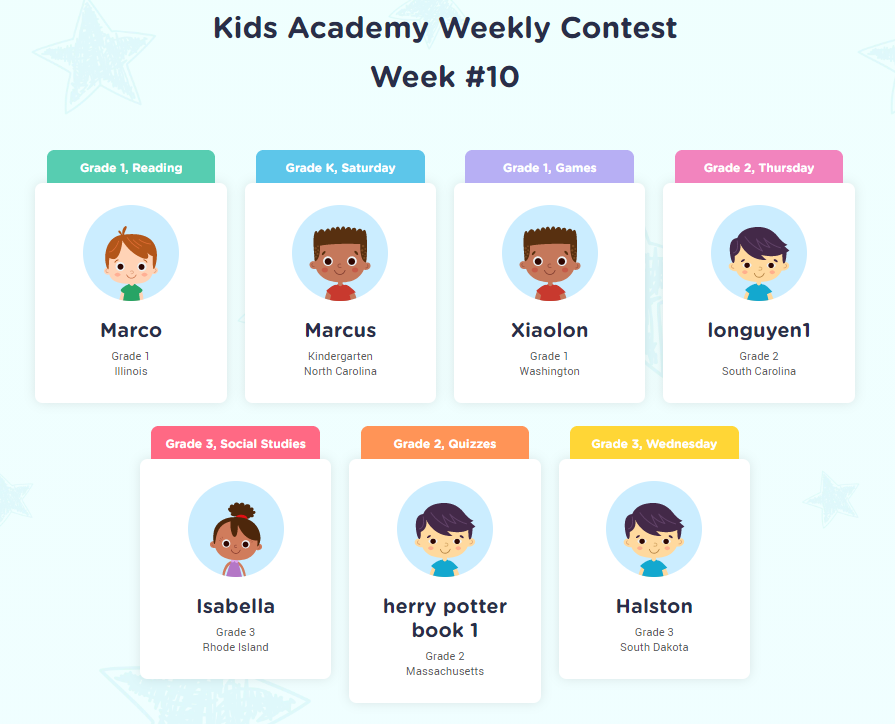Mathematical understanding Worksheets for Ages 3-8
3 filtered results
-
From - To
Unlock your child's potential with our engaging Mathematical Understanding Worksheets designed for ages 3-8. These worksheets provide a playful approach to early math concepts, ensuring that children develop essential skills in counting, addition, subtraction, shapes, and patterns. Tailored to suit various learning levels, our resources encourage critical thinking and problem-solving while making math fun! Each activity promotes hands-on learning, allowing students to explore mathematics through visually appealing designs and interactive challenges. Ideal for home or classroom use, our worksheets foster a solid mathematical foundation that prepares children for future academic success. Start your child's journey towards mathematical confidence today!


Telling The Time Worksheet: Part 4


Rounding Worksheet 3rd Grade
Mathematical understanding during the early years, specifically ages 3 to 8, is crucial for a child’s overall development and future academic success. At this stage, children are naturally curious and ready to engage with concepts such as counting, shape recognition, and basic problem-solving. This foundational knowledge not only supports their cognitive abilities but also enhances critical thinking and reasoning skills.
Parents and teachers play a vital role in nurturing this understanding. Engaging children with playful experiences, interactive games, and real-life situations encourages them to explore mathematical ideas in a meaningful way. When children develop a strong grasp of mathematical concepts early on, they are more likely to perform well in later academic settings, as math is a building block for subjects like science, technology, engineering, and even art.
Moreover, fostering mathematical understanding helps children develop a positive attitude towards learning and boosts their confidence. This early exposure cultivates persistence in tackling challenges and can reduce math-related anxiety in the long run. By prioritizing mathematical understanding, parents and educators equip children with essential life skills that extend far beyond the classroom, empowering them to navigate and succeed in an increasingly complex world.

 Assign to My Students
Assign to My Students




















